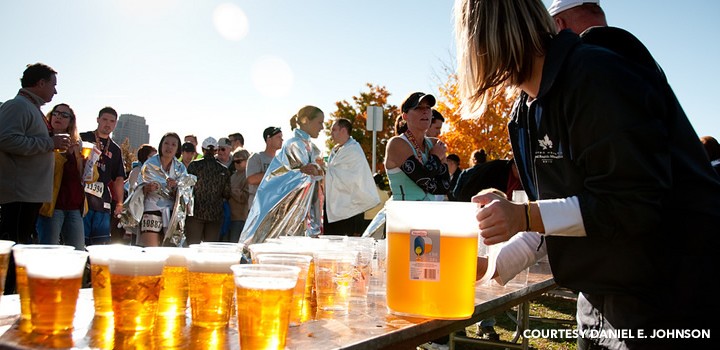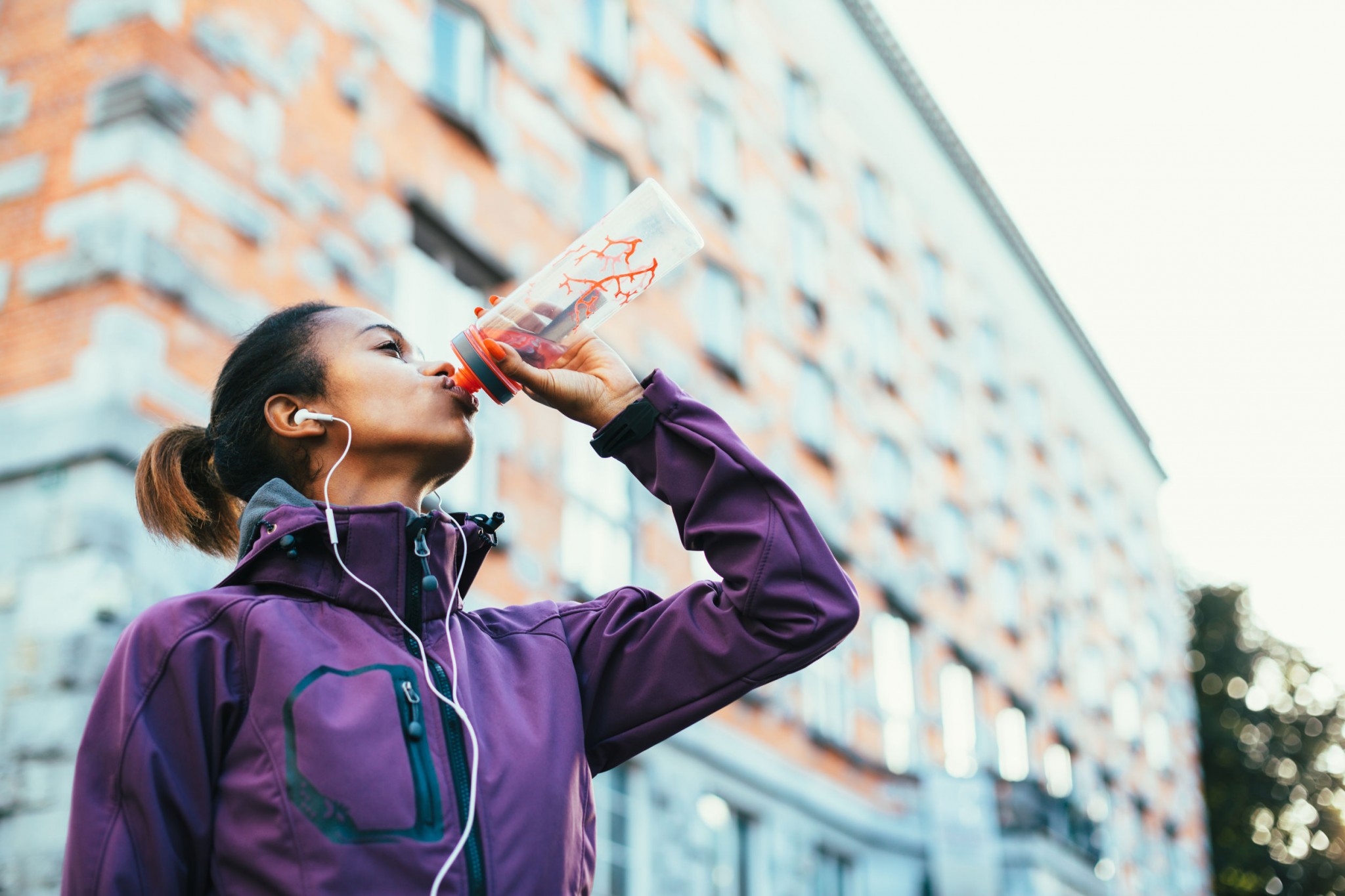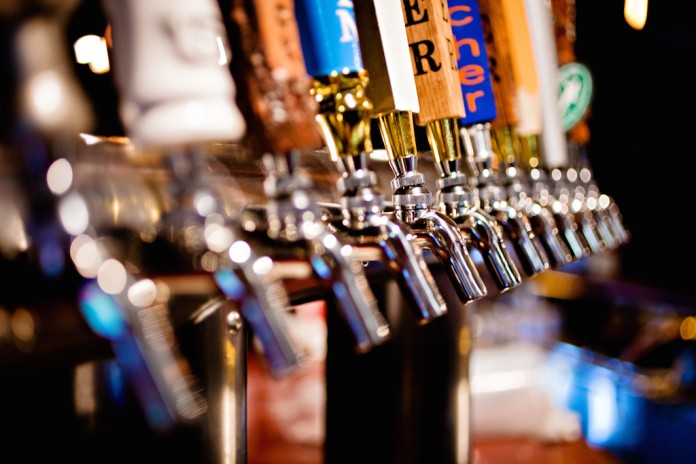Fancy some drinks after a hard day at work? We know that too much drinks is bad for our liver, but what about how it affects our muscles? Some of us may experience body aches after drinking too much, while some make it a motivation to go for a run after a night of indulgence in these calorie-loaded drinks. There are even runners who order a beer before a race and joke about it as carbo-loading. But the most important burning question of all – does alcohol affect running performance? Let’s find out more about alcohol:
Drinking before a workout
While some alcohol such as beer do contain some carbohydrates, most of these excess carbs are stored as fats due to how alcohol is metabolised. Rather than carbo-loading, you are actually fat-loading when you drink alcohol. Alcohol is also a diuretic; drinking too much the night before a run or race can leave you dehydrated in the morning, which leads to coordination problems and less oxygen to the muscles. If you must have that glass of beer to relax before a race, you should drink water before and after your beer.

Drinking after a workout
A study done by John Hawley’s group investigated how alcohol affects post-exercise muscle protein synthesis, meaning the process of how your muscles build themselves after an exercise. When you drink alcohol during recovery period, the signals that would normally tell your body to adapt and get stronger are suppressed immediately. This means that the effects of your workout or training will be reduced, and you will not get the optimal muscle building outcome you expected from the effort you put in. If you have an injury, alcohol can also delay our body’s ability to heal, as it limits the production of natural anti-inflammatories. It is therefore wiser for us runners to drink only after our recovery period.
Conclusion
We have heard that moderate consumption of alcohol has its benefits — positively affecting cholesterol levels, potentially protecting bones from thinning, and supplying the diet with antioxidants, minerals, and vitamins. However, too much drinks can affect the rate of injuries during exercise and appear to induce detrimental effects on exercise capacity. So while moderate alcohol intake may positively affect health, this impact is no greater than benefits found with regular exercise. There is no need to abstain from alcohol altogether, but we should drink only in moderation and drink wisely. After all, water is still a runner’s best friend.



